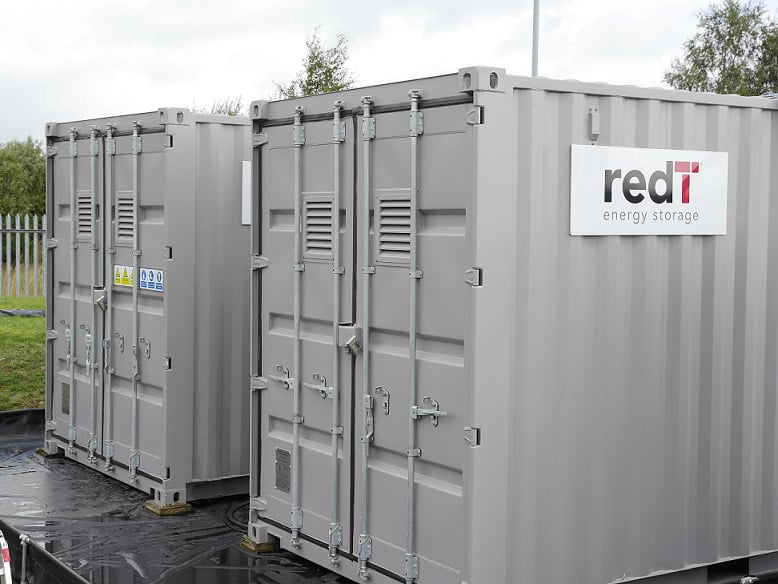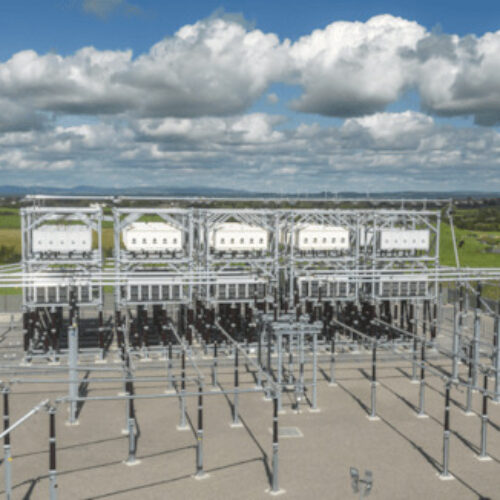RedT Energy has won a £750,000 grant from the UK government to further develop its flow machine technology in the latest push for long duration energy storage technologies.
The cash comes from the government’s funding for innovative smart energy systems, which is to spread £70 million across a range of applications within the wider £265 million investment in smart systems research, development, and demonstration.
The grant will be used to accelerate the redT’s research and development initiatives, including stack development to increase performance and reduce costs; production automation; and further development of its technology’s electrolyte.
This will help the company develop future iterations of its energy storage machine, with the third generation system due out later this year.
Scott McGregor, chief executive at redT energy, said: “We would like to thank the government for their continued support at what we believe is a tipping point for energy storage in the UK.
“The funding will enable us to further develop our technology, by reducing cost whilst increasing performance at the same time, making flow machines an even more financially compelling proposition to our customers.”
The UK government has entered a prolonged period of funding for energy storage systems. Almost £250 million is to be spent under the Faraday Challenge on developing a battery supply chain in the UK while other sources of funding – such as from the innovation smart systems fund – will seek to support other forms of storge and associated technologies.
RedT says this latest example of support from the government demonstrates the increasing significance of flow machine technology in the UK and highlights its growing importance as a long-term solution for the country’s future energy system.
While short duration lithium-ion batteries – considered the norm in the UK energy storage market – have suffered from recent changes in de-rating factors within the capacity market, longer duration energy storage technology, such as that of redT, is expected to benefit over the long term.





